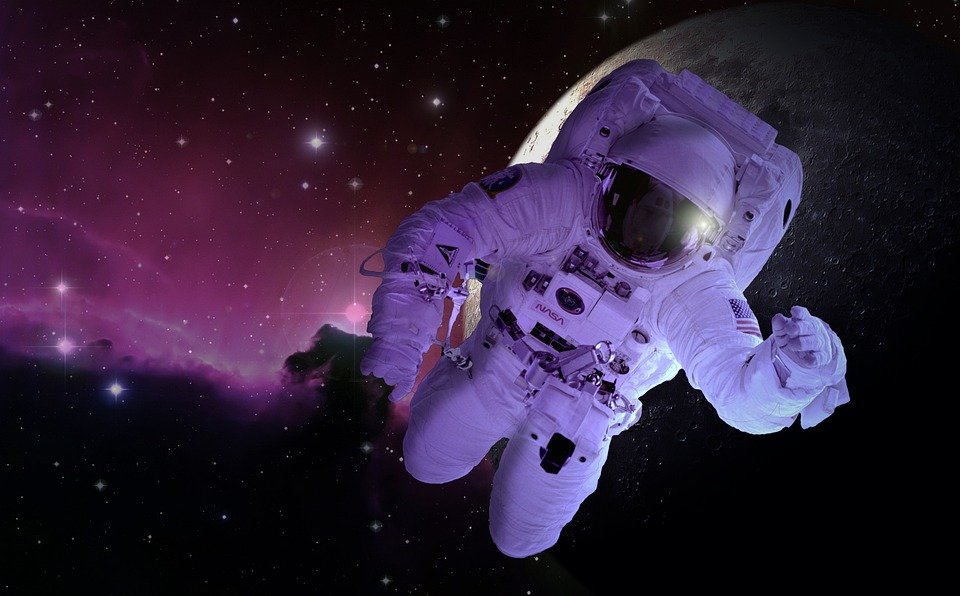Unleashing the Potential: How Self-Replicating AI is Paving the Way for Autonomous Space Colonization
The dream of space colonization has fascinated humanity for centuries. From the early imaginings of Jules Verne to the groundbreaking Apollo moon missions, humans have always been captivated by the idea of venturing beyond our home planet. Now, with the help of self-replicating artificial intelligence (AI), the possibilities for autonomous space colonization are becoming more tangible than ever before.
Self-replicating AI refers to the development of intelligent machines that can not only perform tasks on their own but also reproduce and create new iterations of themselves. This ability to self-replicate is a game-changer in the realm of space exploration, as it eliminates the need for human intervention and allows for the creation of self-sustaining colonies on distant planets.
One of the biggest challenges in space colonization is the cost and logistics of transporting resources from Earth. Aspiring colonizers face the daunting task of launching supplies, equipment, and even habitats into space, which requires enormous amounts of energy and resources. However, self-replicating AI has the potential to change this equation by enabling the creation of manufacturing facilities and infrastructure directly on celestial bodies.
Imagine a scenario where a small fleet of AI-powered robots is sent to a barren planet or moon. These robots, equipped with advanced AI algorithms, would be capable of autonomously mining raw materials, processing them, and using them to create new machines, structures, and tools. By harnessing the resources available on-site, these robots could build entire colonies and sustain themselves without the need for constant resupply missions from Earth.
The self-replicating capability of AI also solves another critical problem: the need for human intervention in space. The harsh conditions of space, such as radiation, extreme temperatures, and lack of breathable air, make it incredibly challenging for humans to live and work outside of Earth’s protective atmosphere. Self-replicating AI removes the risks associated with sending humans into space, as it can operate and adapt to these conditions without any harm.
Furthermore, self-replicating AI has the potential to exponentially increase the speed of space colonization. Once a small fleet of robots is deployed, they can quickly reproduce and expand their numbers, allowing for rapid growth and development of colonies. This exponential growth is crucial for establishing self-sustaining ecosystems that can support larger populations and facilitate long-term colonization efforts.
Of course, there are still significant technical and ethical challenges that need to be addressed before we can realize the full potential of self-replicating AI in space colonization. Ensuring the safety and control of AI systems is paramount, as the ability to reproduce and evolve could lead to unintended consequences if not properly managed. Additionally, ethical considerations must be carefully evaluated to ensure that the deployment and use of self-replicating AI align with our values and respect the potential ecosystems on other planets.
Despite these challenges, the potential benefits of self-replicating AI in space colonization are immense. By reducing the costs, risks, and logistical challenges associated with human-led efforts, self-replicating AI opens up a new frontier for humanity. It allows us to imagine a future where autonomous colonies thrive on distant planets, expanding our reach and understanding of the universe.
As we continue to push the boundaries of technology and explore the possibilities of self-replicating AI, the dream of space colonization becomes more tangible than ever. By harnessing the power of intelligent machines, we may soon witness a new era of autonomous space exploration and colonization, expanding our horizons and unlocking the potential of the cosmos.

